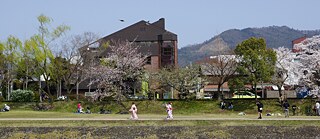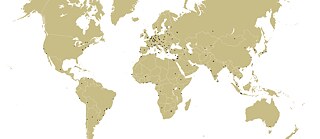
Sprache. Kultur. Deutschland.
Communicating with the world.
For diversity, understanding and trust.

Rym Hayouni © Arthur Tainturier Rym Hayouni © Arthur Tainturier
151
branches of the Goethe-Institut are active in 98 countries around the world.
12
of the institutes are in Germany.
1952
the first Goethe-Institut opened in Athens.
4,396
employees are at work worldwide.
Our focal points 2025
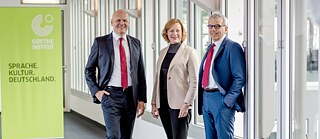

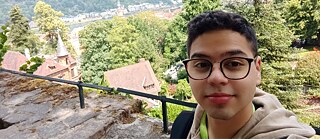

15.5M
people learn German worldwide. 9.4 million of them in Europe.
1M
German exams were taken at the Goethe-Institut exam centres in 2024.
7,100
teachers of German as a foreign language took part in our certification programmes within one year.
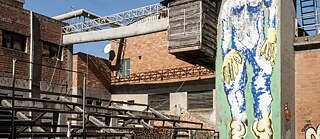

20,000
cultural events delighted 5,3 million people worldwide within one year.
120
artists took part in the residency programmes worldwide
313
book translations into 38 languages were funded in 2023.




